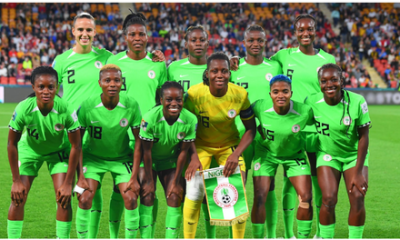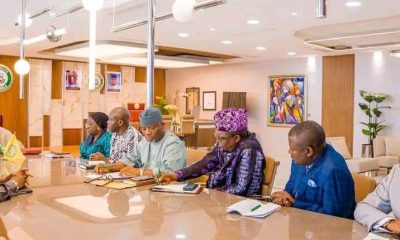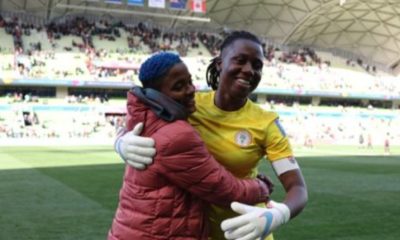National
Bakare Slams Politicians for Profiting While Asking Nigerians to Sacrifice
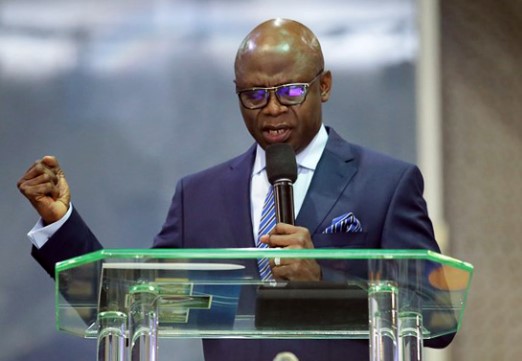
National
We’ll reintroduce rejected bills on 6-year single term—34 Rep. members
National
Delta approves N713m for 2024 students bursary payment — Official
National
Survey shows 71% of households affected by food price hike
National
Reps reject bill seeking six-year single tenure for president, governors
National
NAFDAC alerts Nigerians on fake products
National
ICPC tracks N610 billion projects in 22 states
-

 News21 hours ago
News21 hours agoEfe Ajagba Poised to Challenge Daniel Dubois for IBF Heavyweight Title
-
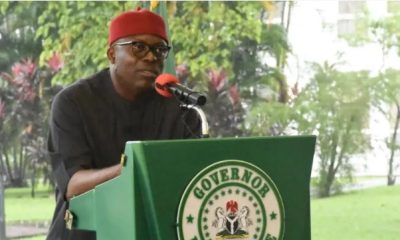
 News20 hours ago
News20 hours agoFederal High Court Adjourns Labour Party’s Suit on Rivers Lawmakers’ Defection to January 2025
-
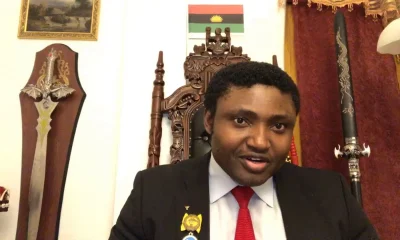
 News17 hours ago
News17 hours agoSimon Ekpa to be extradited to Nigeria – Defence
-
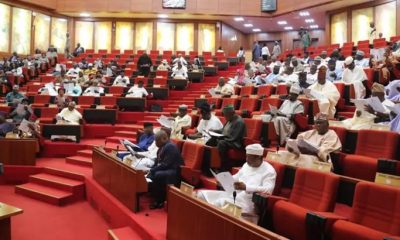
 National23 hours ago
National23 hours agoReps reject bill seeking six-year single tenure for president, governors
-

 News20 hours ago
News20 hours agoHP Wolf Security Launches Advanced Physical Cyberattack Protection for Business Introducing HP Enterprise Security
-

 Entertainment17 hours ago
Entertainment17 hours agoDavido Reflects on Life as He Turns 32: “My Eyes Don See Shege”
-

 Business17 hours ago
Business17 hours agoFG, World Bank to provide jobs for 10 million youths in 5 years
-
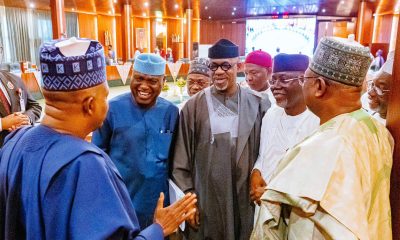
 News4 hours ago
News4 hours agoNEC sets up National Electrification Committee to end grid collapse
-

 Entertainment17 hours ago
Entertainment17 hours agoAfrican Music Takes Over Coachella 2025: Seun Kuti, Remain and More to Perform
-

 Entertainment5 hours ago
Entertainment5 hours ago12 Secret Santa Gifts That Could Get You Fired




